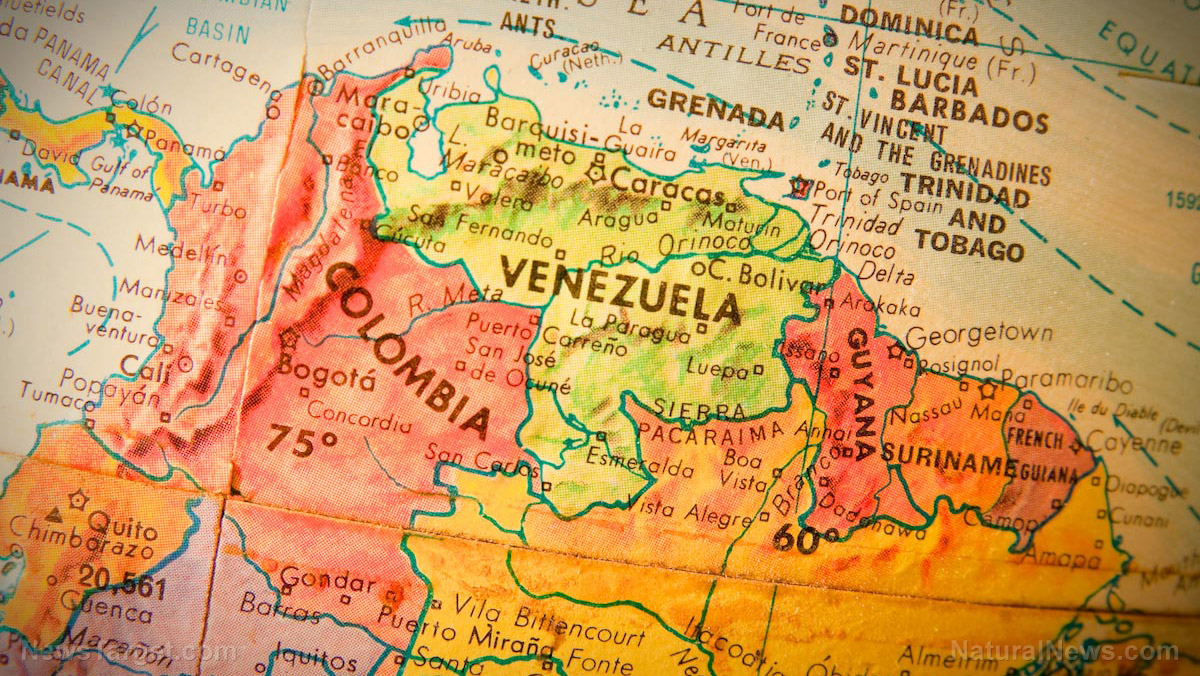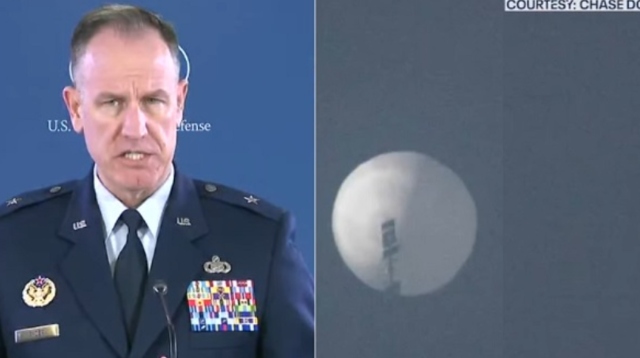 Parler
Parler Gab
Gab
- A new legislative proposal, the "Anti-Sticker Law," has been introduced in Mexico to criminalize the creation or sharing of digitally altered content (like memes and deepfakes) intended to ridicule, harass or damage a person's reputation.
- The law would impose prison sentences of three to six years and significant fines for violations, with penalties increasing by 50 percent if the target is a public official.
- Critics warn the law's vague language regarding "ridicule" and "damage to dignity" fails to distinguish between malicious deepfakes and protected political satire, creating a severe chilling effect on free expression and public criticism.
- A key concern is that the law could be weaponized by public officials to silence critics and suppress dissent, effectively insulating those in power from public scrutiny and satire.
- This initiative is not isolated; it mirrors similar legislation passed in Europe and spreading elsewhere, representing a broader international trend of using such laws to erode digital freedoms under the guise of preventing online harm.
The worldwide assault on memes: Mexico as ground zero
This is not the first attempt by Mexico's ruling MORENA party to regulate online humor. Earlier efforts, including an "Anti-Memes Law" proposed by Sen. Ricardo Monreal, were met with significant public outrage and ultimately abandoned. The historical context is critical: Mexico has a long and robust tradition of using humor as a form of political expression and social accountability. Memes, cartoons and viral jokes have often served as the public's most accessible tool for questioning authority and puncturing the pomp of the powerful. Criminalizing this form of expression represents a significant regression for a democratic society, moving away from open debate and toward state-sanctioned control of public discourse. The international precedent is equally concerning. As reported by British outlet The Independent, similar legislation has been passed in Europe and is spreading across Latin America and Muslim countries – often under the guise of protecting copyright or personal dignity. In these contexts, the laws are frequently used to silence critics and suppress dissent. The global trend underscores the high stakes of Mexico's legislative battle. It is not an isolated event, but part of a broader erosion of digital freedoms. As the bill undergoes legislative review, the fundamental question remains whether the government can effectively combat digital abuse without dismantling the pillars of free speech. The outcome will determine if the vibrant, often chaotic, digital public square in Mexico remains a space for critique and comedy – or becomes a sanitized zone where every shared image is vetted for potential offense to those in power. Watch this clip of British police arresting a military veteran for retweeting a flag meme, which allegedly caused "anxiety." This video is from The Prisoner channel on Brighteon.com. Sources include: ReclaimTheNet.org TheYucatanTimes.com NMas.com.mx Brighteon.ai Brighteon.comU.S. escalates Caribbean strikes: Survivors reported in latest attack amid growing military buildup
By Belle Carter // Share
Mysterious high-altitude balloons spark surveillance concerns across U.S.
By Belle Carter // Share
The Tomahawk gambit: Trump’s missile threat reshapes Ukraine war calculus
By Ava Grace // Share
Afghanistan and Pakistan hold peace talks in Doha after agreeing to temporary ceasefire
By Ramon Tomey // Share
Governments continue to obscure COVID-19 vaccine data amid rising concerns over excess deaths
By patricklewis // Share
Tech giant Microsoft backs EXTINCTION with its support of carbon capture programs
By ramontomeydw // Share
Germany to resume arms exports to Israel despite repeated ceasefire violations
By isabelle // Share










